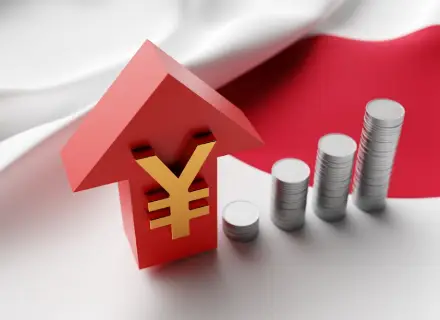The Bank of Japan (BOJ) expressed confidence that rising wages will keep inflation within its 2% target by raising interest rates to their highest level since the global financial crisis of 2008 and updating its inflation forecasts.
The decision, which is the first rate increase since July of last year, was made just days after US President Donald Trump took office.
Donald Trump is expected to keep international policymakers on guard against the possible fallout from threatened higher tariffs.
Bank of Japan Governor Kazuo Ueda stated at a press conference that the weakening yen was still driving up import prices while wage increases were becoming more widespread and integrated across businesses.
He stated, “We have not presented an idea,” regarding when the next rate hike will occur.
The BOJ will decide at each meeting based on the data available at the time.
At its two-day meeting that ended, the Bank of Japan increased its short-term policy rate from 0.25% to 0.5%. This is the highest level Japan has seen in 17 years. Toyoaki Nakamura, a board member, dissented from the vote, which went 8-1.
The widely anticipated action demonstrates the central bank’s determination to gradually raise interest rates to about 1%, which analysts believe will neither cool nor overheat Japan’s economy.
Additionally, it represents another step Japan is taking to overcome the decades-long deflation and slow economic growth that plagued the nation.
“The likelihood of achieving the BOJ’s outlook has been rising,” with many firms saying they will continue to raise wages steadily in this year’s annual wage negotiations, the central bank said in a statement announcing the decision.
“Underlying inflation is heightening towards the BOJ’s 2% target,” Bank of Japan added further, noting that financial markets remain stable as a whole.
The BOJ stated that it would keep raising interest rates if its price and economic projections came to pass, but it made no changes to its guidance on future policy.
However, it eliminated a sentence that emphasised the necessity of carefully examining the risks associated with foreign markets and economies, reaffirming its belief that strong US growth will support Japan’s economy—at least for the time being.

